With the departure of both the everpresent Filipe Luís and World Cup winner Lucas Hernandez, Atletico Madrid were left with no real left-back. This has not been a brand new issue, as the pair were both injured for multiple periods last season. Saúl Ñíguez and Francisco Montero had to be used as makeshift left-backs. This season, the responsibility will lie heavily on the shoulders of Renan Lodi, a relatively unknown youngster from Brasileirao. A tireless left-back, much will be asked of him when having to cover the whole left flank in Simeone’s new system. In this scout report, we will use tactical analysis to demonstrate Lodi’s strengths and weaknesses, and what will he contribute to Simeone’s system.
Background
A product of Atletico PR’s youth academy, Lodi spent two seasons at the club’s first team, racking up eight goals and four assists in 50 appearances. This summer, he was transferred to Atletico Madrid for a 4-million-Euro fee.
Style of play
Lodi is primarily a left-back, but he was sometimes used as a left midfielder due to his quality in creating chances. Whoscored claimed that he’s good with key passes and that he likes to play long balls and cross.
We can know a thing or two about his style through the following paragraph on his time at Atletico Paranaense:
“Nunes’ style of play demands that his full-backs cover almost the whole flank, advancing like wingers when they have the ball and getting all the way back when their side is out of possession. But Lodi, with his incredible physical capacity, attacking skills and brilliant crossing, has not struggled at all to adapt.” (YGFoot.com)
His attacking attributes and the stamina to run back and forth throughout the whole 90 minutes will be crucial in the 4-3-1-2 system.
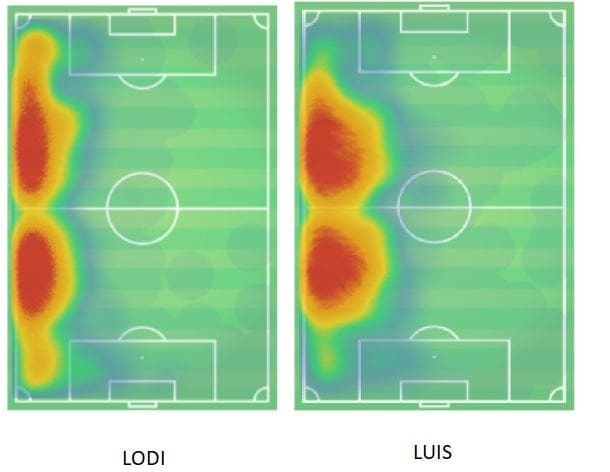
Looking at the heatmaps, we can see that both had high activity levels. However’s, Lodi’s actions were spread throughout the whole left flank, a testament to his vertical and energetic style of play. This makes him perfect for the 4-3-1-2 system, or Atletico’s old school 4-4-2 with the wingers tucking inside in possession.
The ageing of the Atletico’s full-backs
Simeone likes his full-backs to fulfil both demanding offensive and defensive duties. While possessing top-class defensive qualities, Luis and Juanfran Torres also provided support with their tireless runs forwards and backwards. Their explosiveness was an important spark in a side otherwise rigid in ball progression. In addition, they provided crosses to the physical strikers, most notably Diego Costa. However, both have got old – their athleticism is nowhere near its peak.
A football side is a system of eleven players – the positions are interconnected. The ageing of Atletico’s full-backs, thus, affected the whole system’s performance. Statsbomb’s defensive activity map of Koke showed that they both applied the pressure and fight for the ball tirelessly so that Luis could sit deep passively behind them. They also had to cover the Brazilian whenever he went forward. Damaged by continuous injuries, the 34-year-old could not recover on time to stop the opponents’ counters.
The heavy defensive burden on Saul and Koke meant that they couldn’t provide enough support for the strikers, leaving them isolated. Lodi’s youthful vigour, thus, can improve Los Colchoneros both offensively and defensively.
We will compare Lodi and Luís’ stats last season to examine the strengths and weaknesses of the former.
Attack


Looking at raw statistics, we see that Lodi contributed more goals and assists, shot assists, crosses, dribbles (higher rate too), offensive duels (higher rate), touches in the box, and fouls suffered. The reasons for the higher stats may include:
- The difference in age: Lodi is much younger.
- The difference in the league: La Liga is a much tougher league than the Brasileirao. It’s harder to complete dribbles or win duels in La Liga.
However, there’s one thing that the old Luís did better, even in La Liga: progressive runs. Progressive runs are an alternative to bring the ball forward. It will be vital when the team’s passing lack ideas, especially when facing a deep block. Atletico is not one of the best sides when it comes to ball progression. If Lodi can make more progressive runs, it will definitely be beneficial to the team.
However, his tendency to burst into space can also leave gaps in his own defence. Atleti runs the risk of suffering from quick counters.
Crossing
In Atletico’s title-winning season 2013/14, Juanfran and Luis’ numbers of crosses per game were 1.1 and 0.7 respectively. However, their 2018/19 figures’ were at a poor 0.8 (Juanfran) and 0.3 (Luis). Last season, Lodi attempted 4.14 crosses per game – Costa and Morata would love such a prolific chance creator. However, the youngster needs to improve on his 26.7% accuracy.
Lodi’s assisted 0.81 shot per 90, most of which resulted from crosses.
In the example below, he sent a curling cross through the whole Fluminense’s defence, and his teammate capitalised on it.
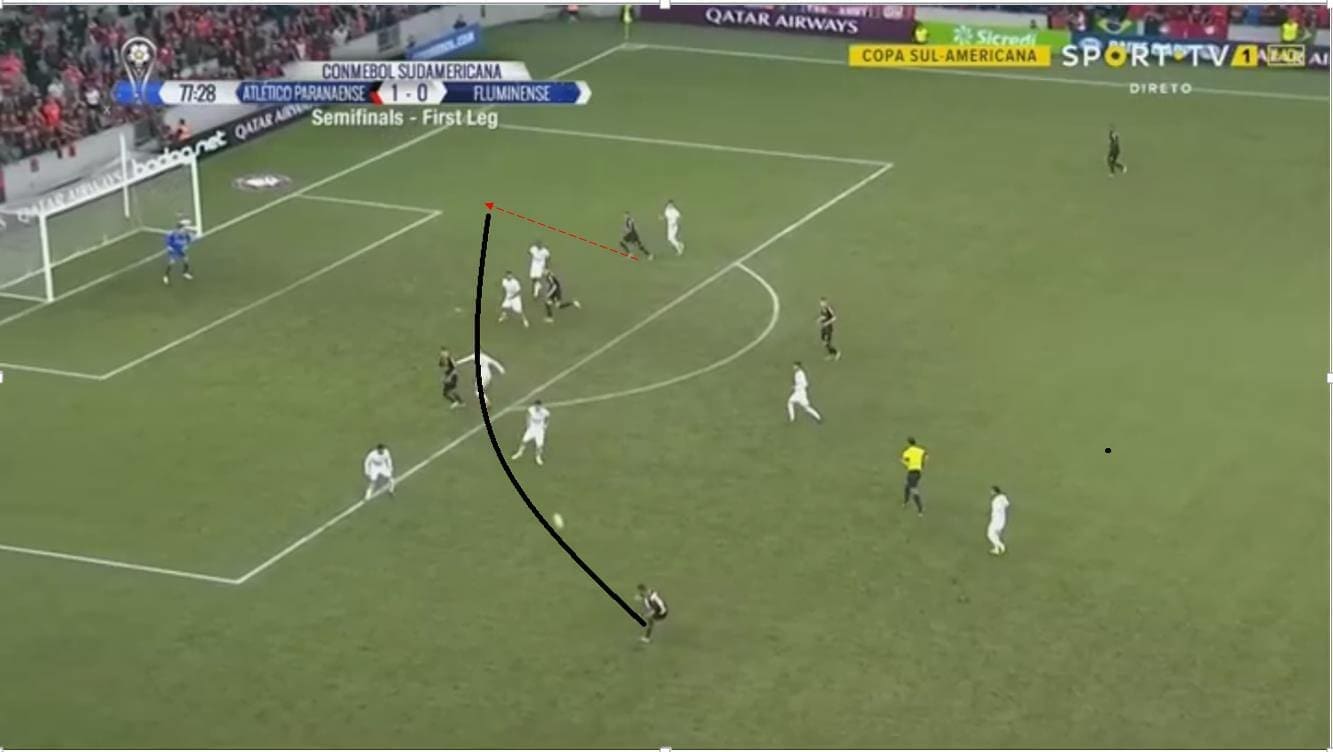
Below is a similar type of delivery from Lodi:
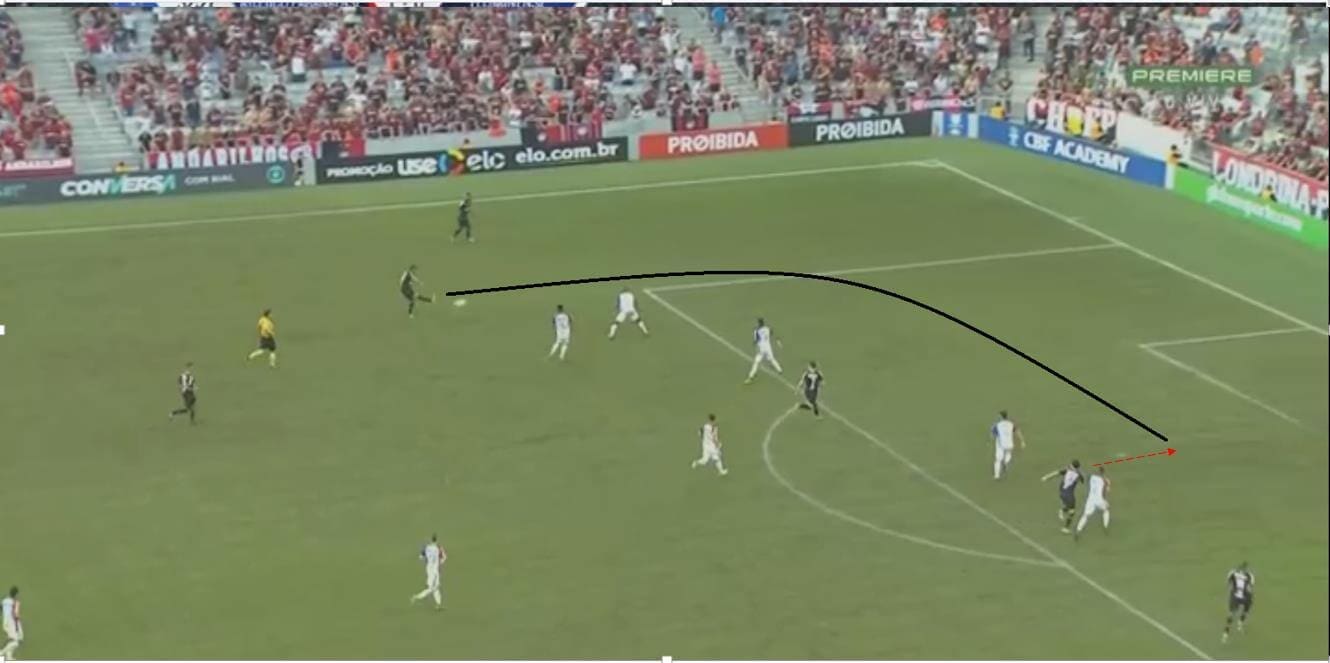
In the above examples, Lodi showed his ability to cross from deep, something Luis and Juanfran excelled at.
When facing an opponent, Lodi often stopped and then suddenly pushed the ball forward to take on his man. Here, he used the same trick to get past two opponents and then send a wonderful floated cross in.
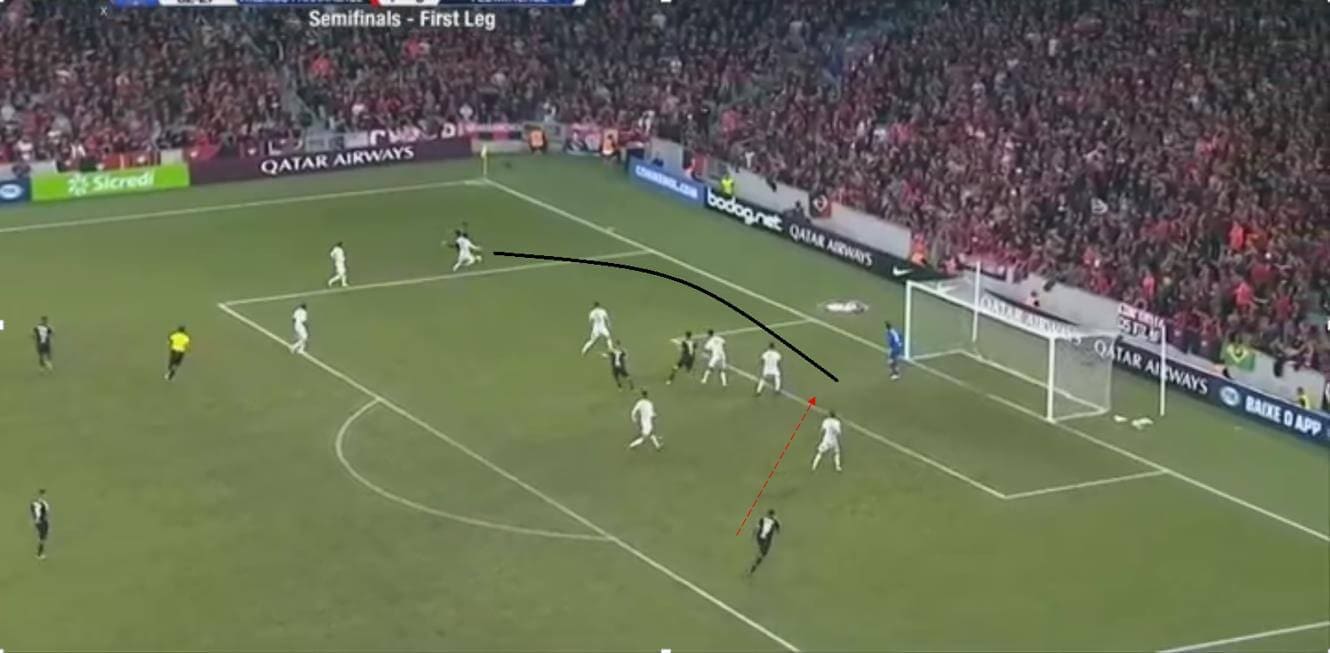
Exploiting space on the flank
With numbers in central midfield, Atleti often overloaded one side of the field, exchanged short passes in tight spaces and suddenly switched the ball to the free full-back on the other side. Lodi would try to stay in the same line with the opponent’s backline and wait for the ball switch to burst into space in front.
Here, he got the ball from Saúl, got into the box and then sent a cutback pass in.
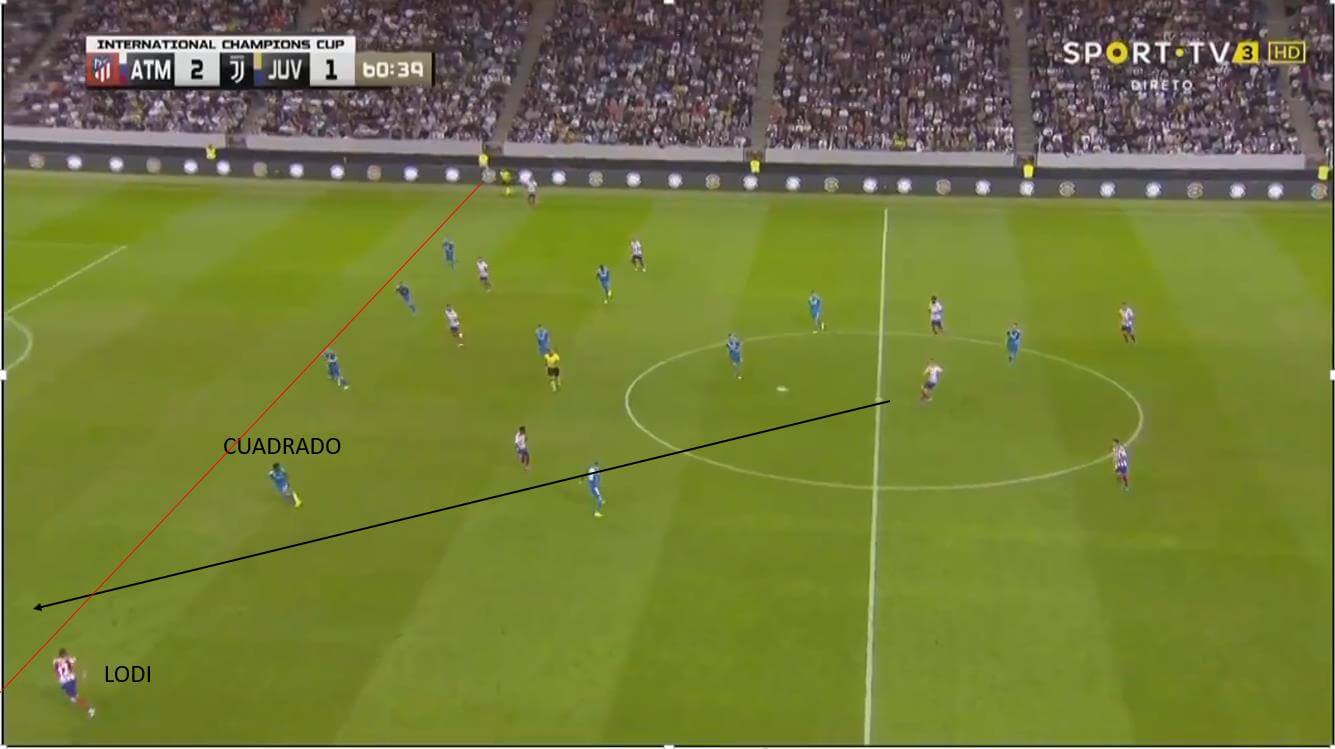
Here again, he was nearly on the same line with Juventus’ back four. He once again got into the box, took on Cuadrado and found Correa. Unfortunately, Correa’s touch was terrible.
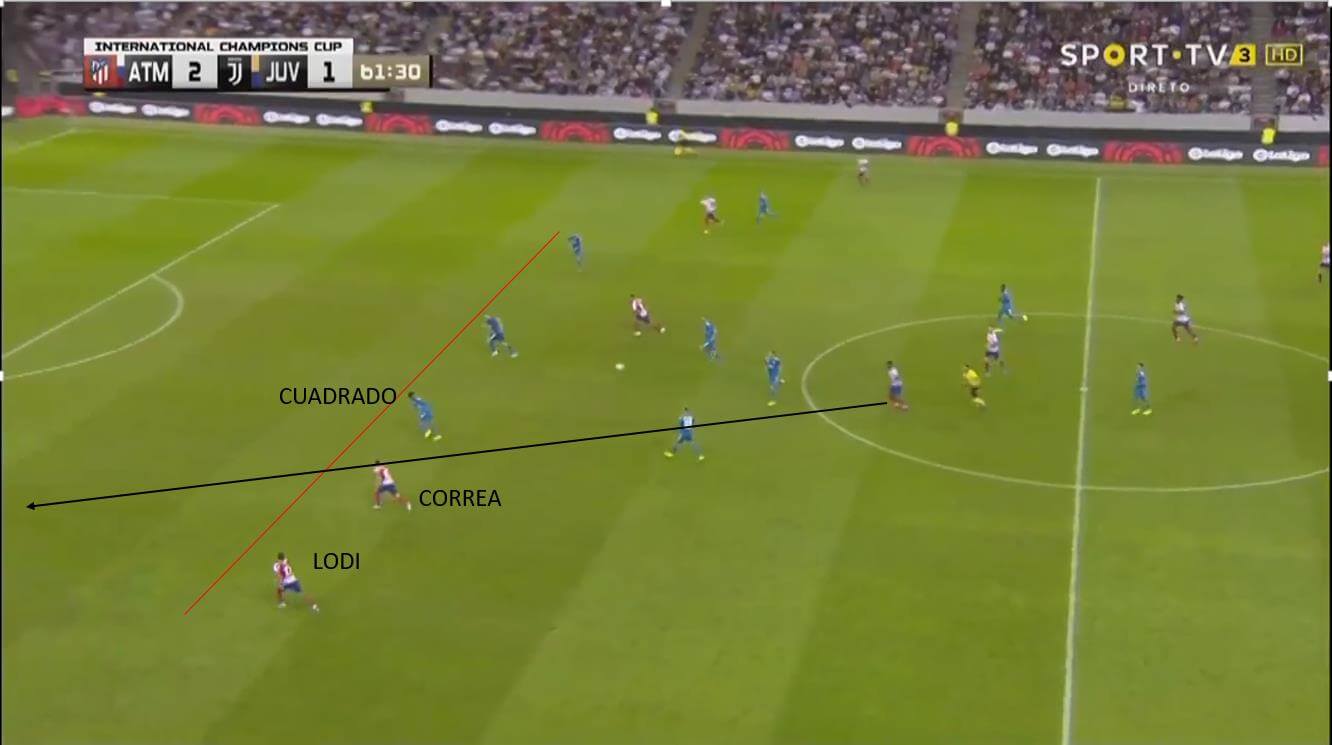
Long shots
He can take good long shots as well. Here, he took on one man and then beat the keeper from distance with a powerful low shot.
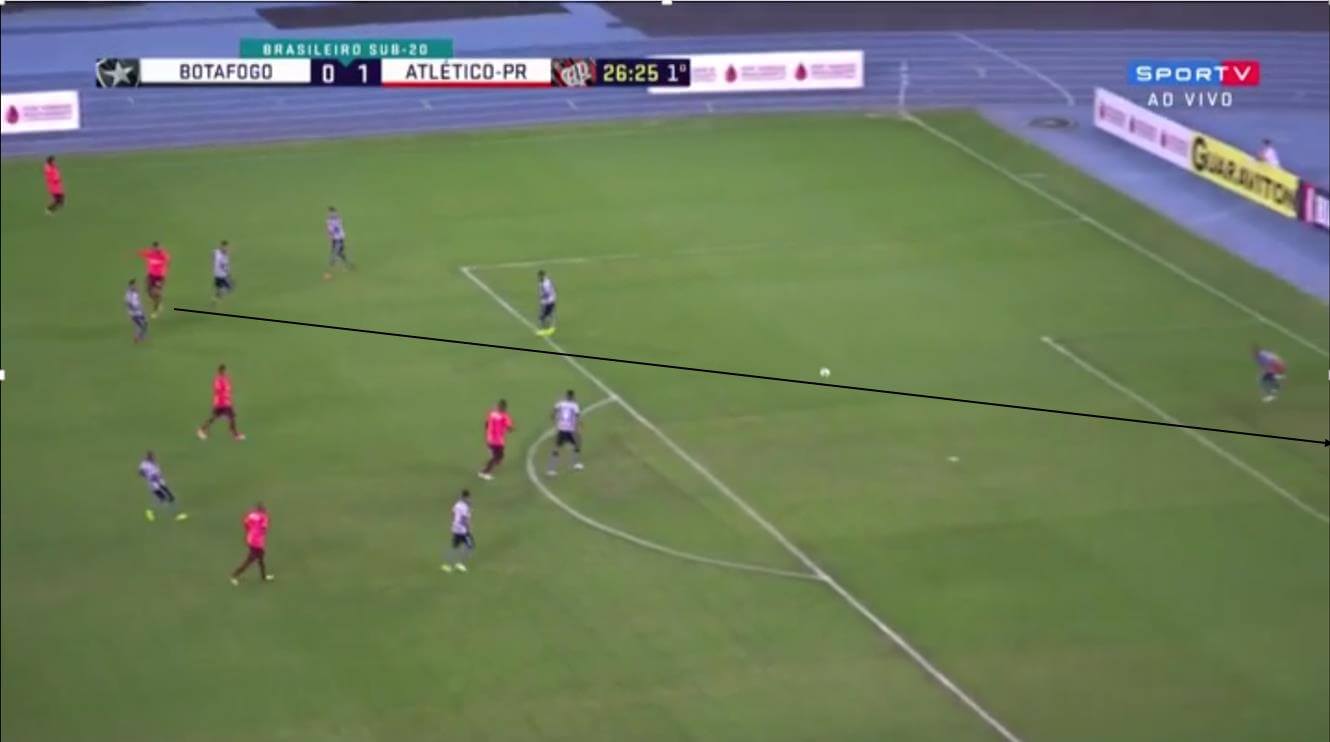
Passing


Luis’s passing stats, in general, were better. One possible reason is that on average, he received much more passes than Lodi. Lodi though is clearly a worse passer when it comes to accuracy. In addition, he still did more back passes than Luís. Lodi is no match for Luis when it comes to helping the build-up and progressing the ball. He is the direct kind of players who bursts into spaces, sends a lot of crosses in and contributes directly to goal creation. In the last match against Getafe, he only attempted 15 passes in 41 minutes.
Lodi and Trippier’s transfers may actually reveal changes in Simeone’s system: the full-backs will now cover the whole flanks, running up and down the whole match. Atletico now plays in a 4-3-1-2 system, with passes mostly exchanged between the central midfielders. This will force the opposition narrow and leave spaces on the wings for the full-backs to exploit. Lodi thus isn’t required to contribute massively to the build-up phase.
We already knew that he’s a good crosser. Let’s see some examples of his other types of passes.
Here, he recognised that his teammate was on the shoulder of the last defender. The opponent’s backline was quite high, so he passed the ball into the space behind the defence.
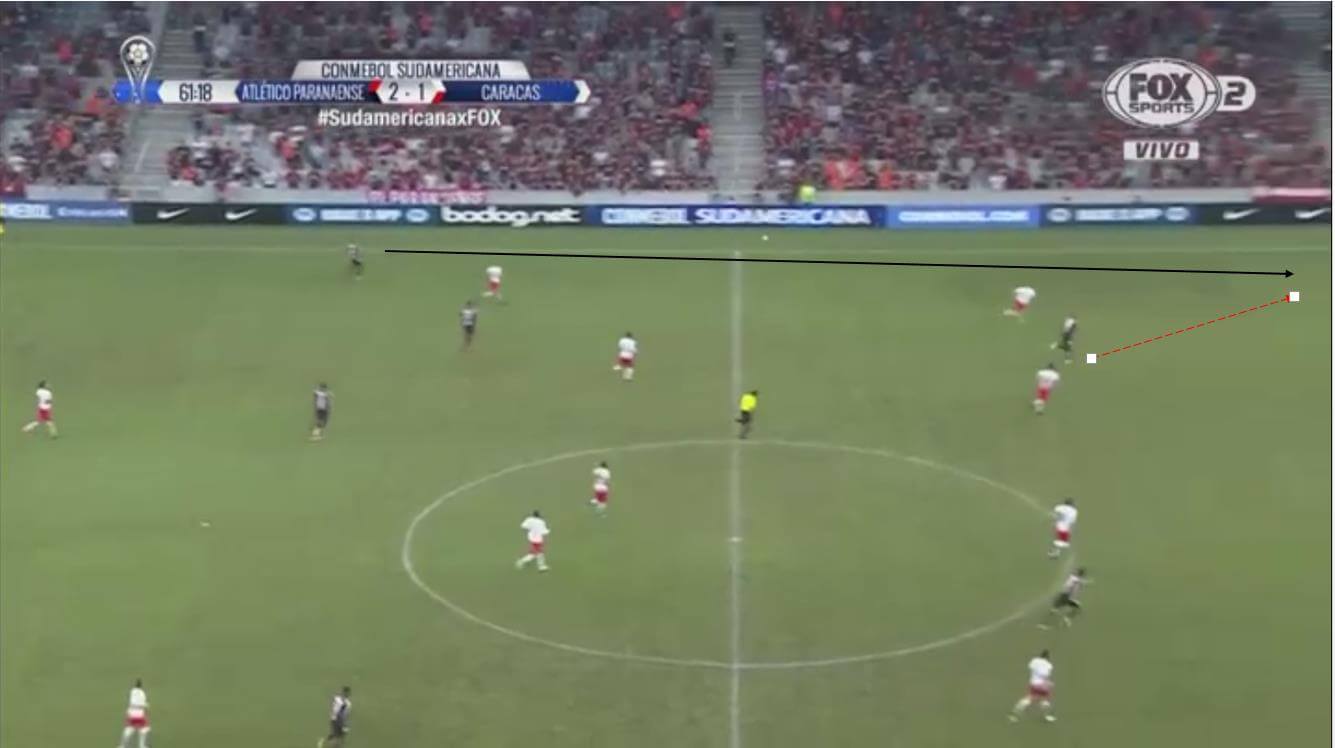
Here, he beat two Real players and dribbled towards the centre. He then sent a ball through the gaps between Real’s right-back and right centre-back (Nacho) to João Félix. Félix got one on one with Nacho, got past him and almost scored.
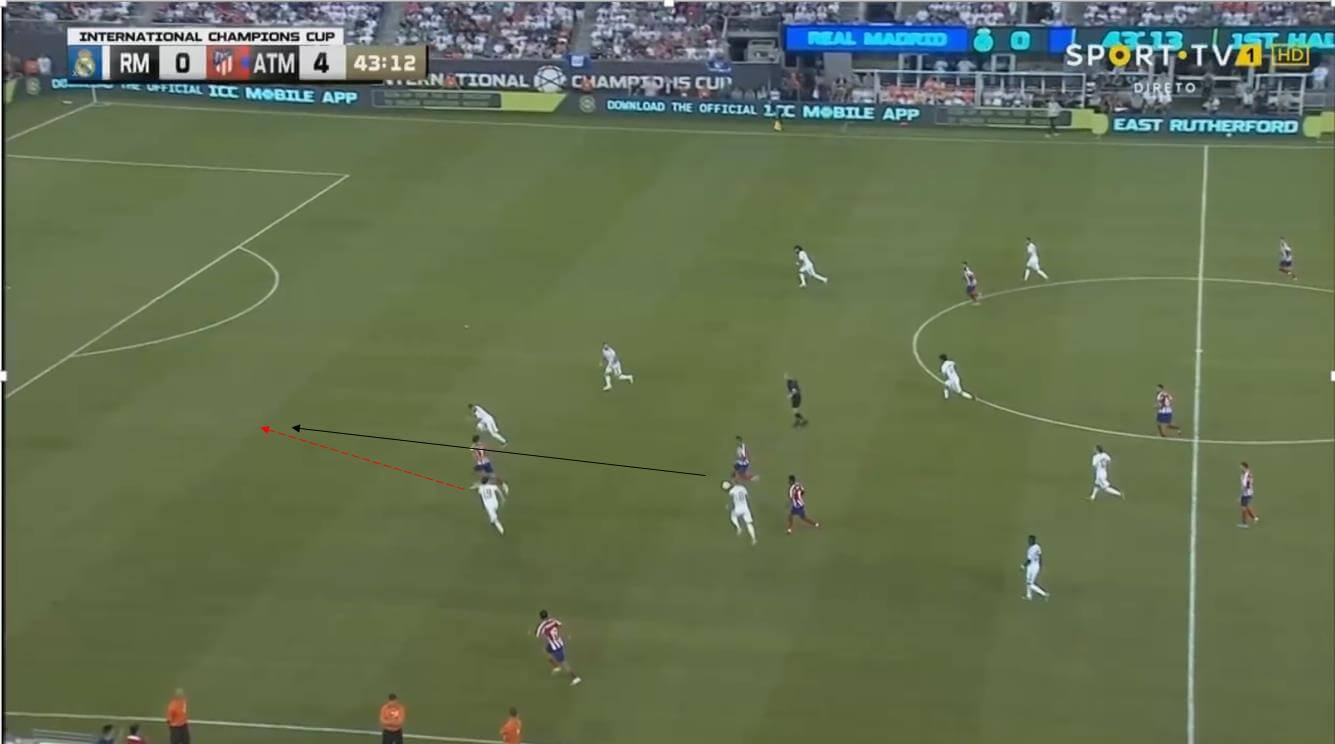
Defending


We can see that playing in a bigger league, and even old as he is, Luís was still better at defensive duels, recoveries and interceptions. Lodi was more prolific at shot-blocking and clearances. He also committed quite more fouls (1.48 to 1.07 per 90), but surprisingly got less yellow cards. He seems to have a way of fouling without getting booked, which is probably something Simeone likes. In a league full of skilful players, defenders always need to keep calm.
In general, Luis is the better defender, but Lodi is still young and can improve dramatically under Simeone. The Argentinian, though, will have a lot of thinking to do about the best way to use his aggressive full-back pairing without leaving too many gaps in the defence.
Poor coordination and awareness
One problem with Renan Lodi is his lack of defensive coordination with teammates and the inability to track late runs from full-backs. He seemed to give too much attention to the ball-carrier. These can definitely be improved under Simeone, and his coordination with teammates will better day by day as he spends more time with his teammates.
In the below example, Saúl had tracked back, but Lodi still tried to close down Vinícius. He should have positioned lower to take care of Odriozola, but he was unaware of the full-back’s run. Vinícius sent the ball through the space between Saúl and Lodi – Odriozola thus had time and space to cross.
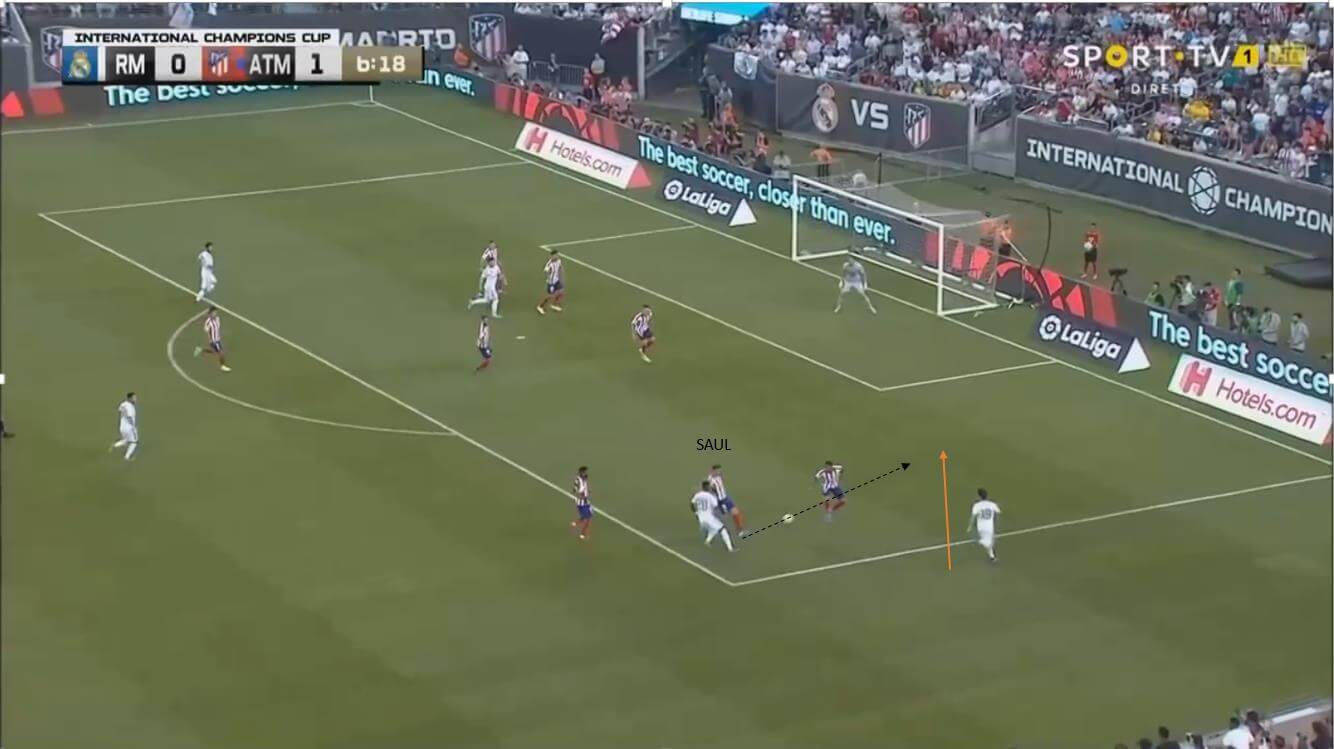
Here, Lemar had tracked back to take care of Vinicius, the ball carrier. However, Lodi still looked at Vinícius, without noticing the forward run from Odriozola. Odriozola got the pass from Vinícius and easily send a cross in.
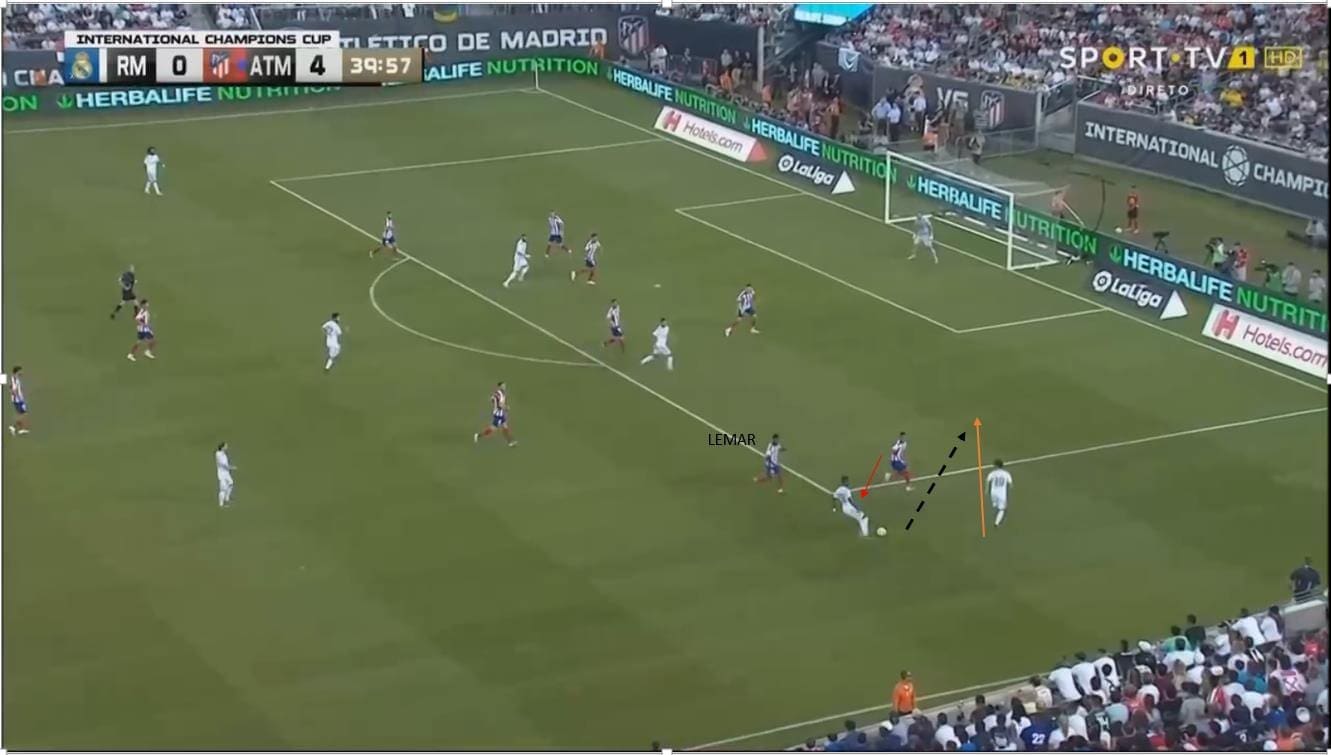
Tackling and cover
However, there are also examples where he shows his speed and tackling ability. In the example below, an opponent is about to receive a through ball (black arrow). Lodi realised this and rushed back at great pace to get to the ball first with a sliding tackle.
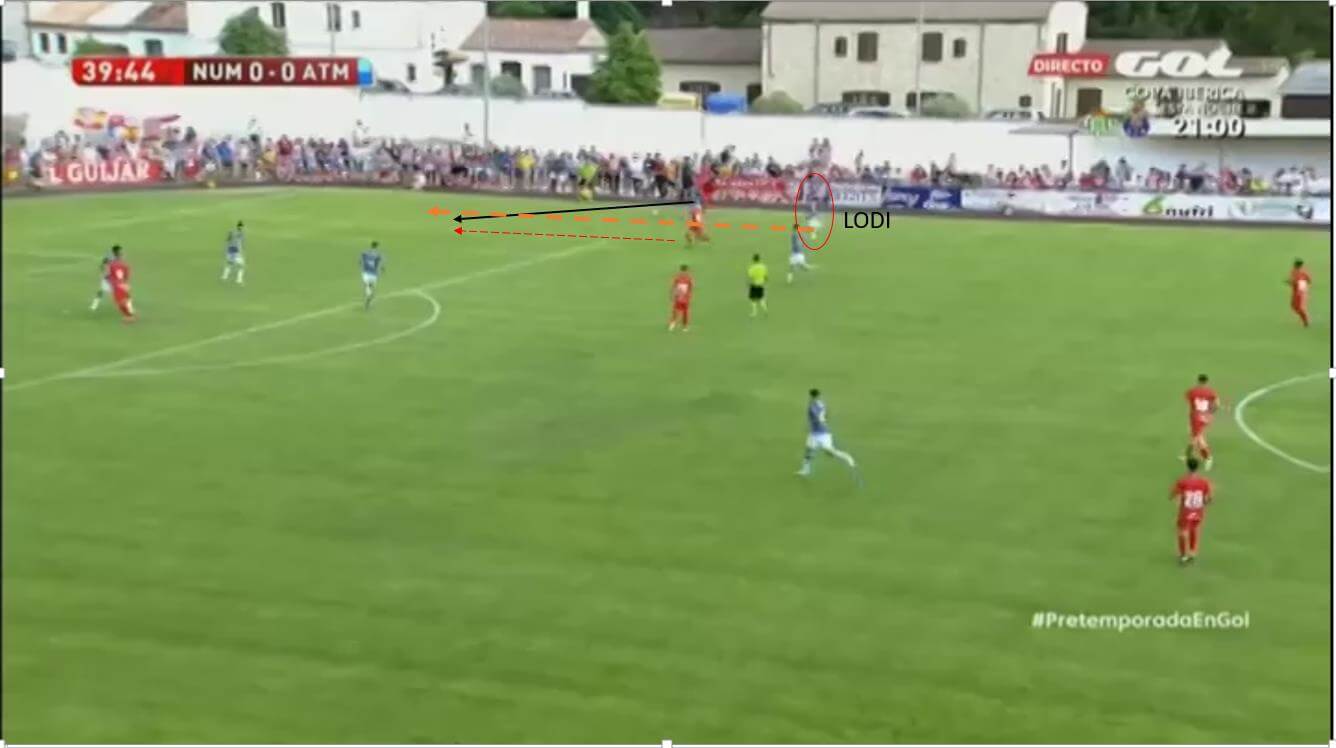
Below is a good example of his realising the need to provide cover. Giménez had to step out to close out the opposition striker, Lodi ran all the way back (red arrow) to get to the red circle and cover Giménez’s position.
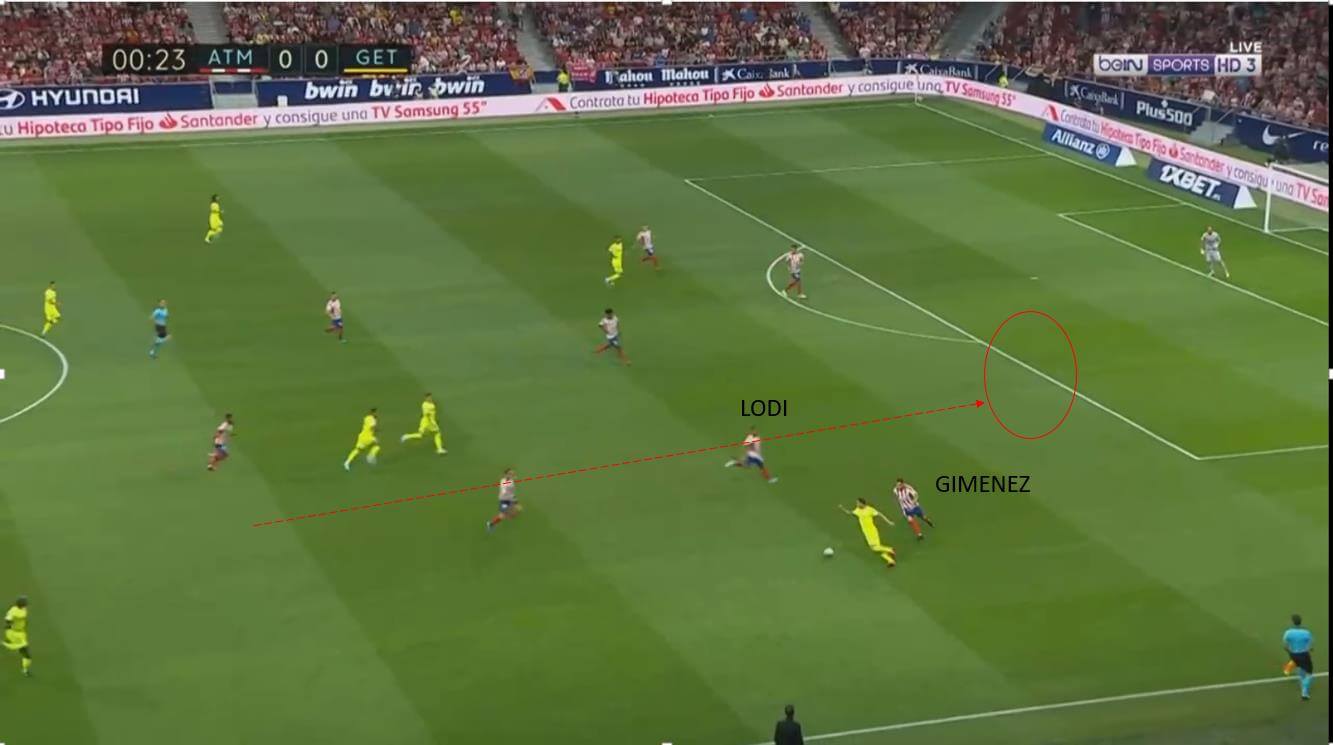
How will Lodi fit into Simeone’s system?
Looking at the statistics, we know that his strengths lie in his attacking contribution. He’s a direct player with great pace and stamina, as well as dribbling and crossing ability. The friendlies and the first La Liga match against Getafe showed that Simeone would now like to use the 4-3-1-2 tactics. This narrow formation will leave the whole flanks for the full-back to cover. The opposition’s system will also be pulled narrower, meaning Lodi will have a lot of space to exploit with his speed and stamina. Large spaces also indicate he will be more likely to take on opposition players and send crosses into the head of Morata, a quality header of the ball.
Whether Simeone uses the 4-3-1-2, or the traditional 4-4-2, there will be at least two deep midfielders playing just in front of the centre-backs to support the initial build-up as well as giving the full-backs freedom to roam forward. Llorente, Saul and Koke all have great positional sense and are more than capable of providing cover for the full-backs when needed. Lodi is being integrated into a system in which his strengths are enhanced, and his weaknesses are hidden.
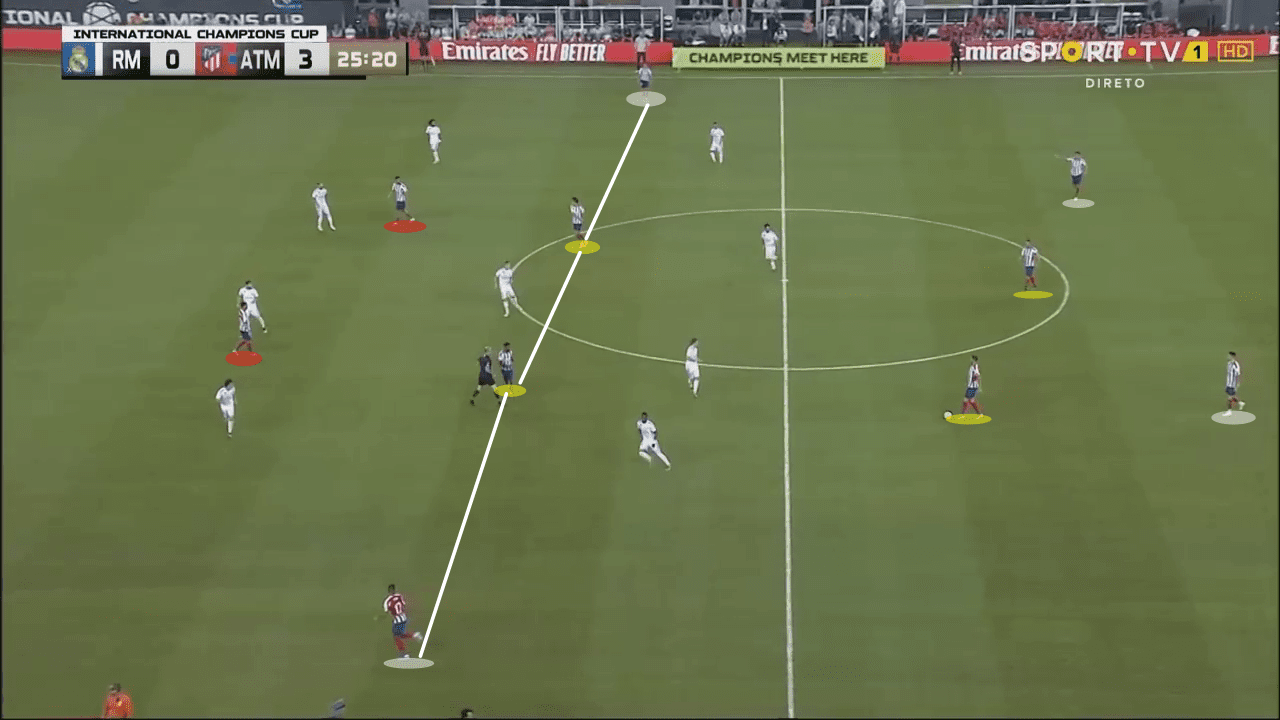
The Brazilian is young and energetic, but whether he will be able to adapt to a more physically demanding league and carry on for the whole season – with no real alternative in the left-back position – remains a big question. The gaps he leaves behind when venturing forward will also be targets for the opponents’ quick counters.
Conclusion
Young and talented, there are definitely great expectations of Lodi. His attacking abilities and physical make him an integral part in the 4-3-1-2 formation, as shown throughout this analysis. However, there’s a lot he needs to improve on if he wants to become a world-class left-back like prime Luís. It’s uncertain whether his attacking contributions will be enough to cover his defensive flaws, especially for the defensive-minded Simeone. If fitting well into the Atletico Madrid’s system, however, he can be one of their key players in many years to come.
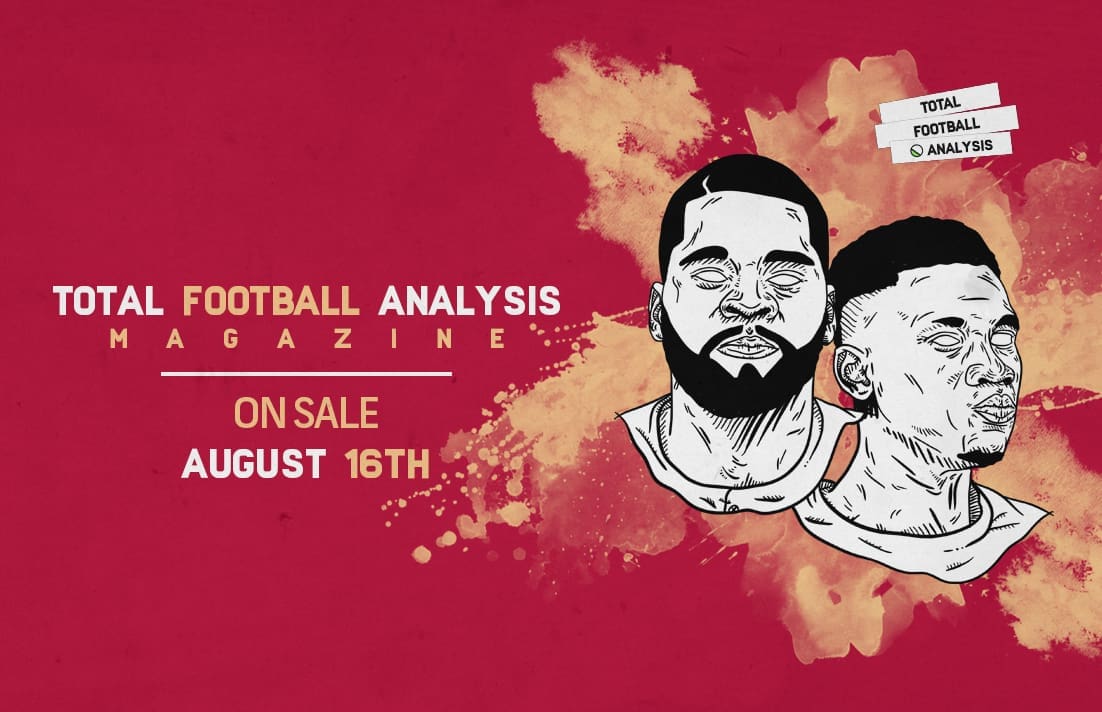
If you love tactical analysis, then you’ll love the digital magazines from totalfootballanalysis.com – a guaranteed 100+ pages of pure tactical analysis covering topics from the Premier League, Serie A, La Liga, Bundesliga and many, many more. Buy your copy of the August issue for just ₤4.99 here.

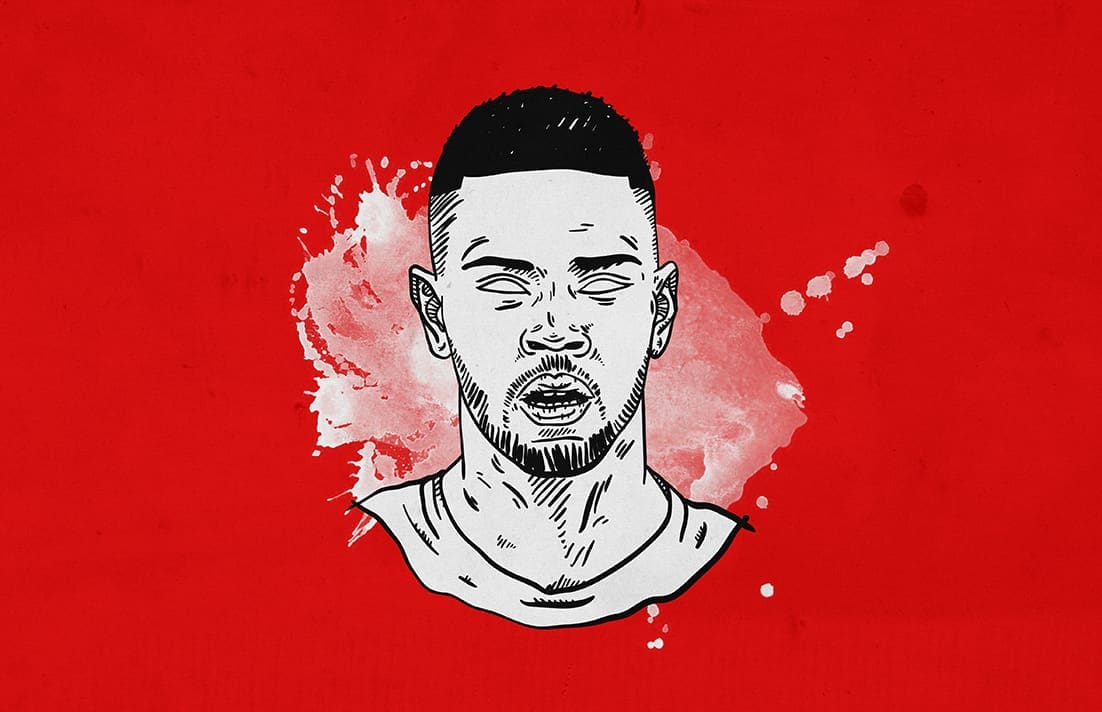



Comments